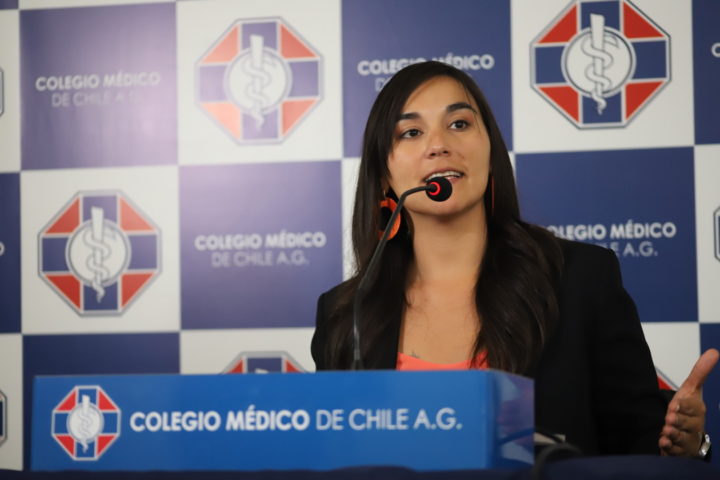After being one of the world’s most hard-hit nations with COVID-19, Chile has now managed to become one of the top countries in the vaccination of its population. According to government officials and health experts, the government’s early negotiations with vaccine producers is one of the secrets of Chile’s success. However, there is another contributing factor: the role of Chief medical officer Dr. Izkia Siches Pasten.
Lead negotiator with companies to get the COVID-19 vaccines, Rodrigo Yáñez, said Chile understood from the beginning that it needed to work with different pharmaceutical companies at the same time. Almost a year ago, the government had already negotiated supply contracts with various vaccine suppliers, at a time when no vaccine against the coronavirus had yet been officially approved.
“The Chiefs were always white, conservative men. I am a woman, a leftist, dark-skinned, from Arica, half Aymara, with small eyes, and I went to a school that no one knows”
Chief medical officer, Dr. Izkia Siches Pasten, has also played an important role in making Chile one of the world leaders in corona vaccination. Izkia Siches is the first woman to head the Chilean medical association Colegio Médico. For more than 70 years, the leadership was dominated by men. “The Chiefs were always white, conservative men. I am a woman, a leftist, dark-skinned, from Arica, half Aymara, with small eyes, and I went to a school that no one knows,” Izkia Siches Pasten told La Segunda newspaper in 2019. Her word counts in the advisory group to President Sebastián Piñera. As a political independent with indigenous roots, her recommendations and critiques are not subject to party discipline.
Chile began vaccinating at the end of 2020. Four million people have now received at least one dose. The goal is to vaccinate 80 percent of Chile’s 19 million population by the end of June. However, according to Izkia Siches Pasten, it has been very important to withstand pressure from the private sector. It is essential to provide the majority of vaccinations through the public health sector. “In this way, vaccination does not become a business, but remains a health service,” she said.






